By Steven Philp
 Voicing an opinion that is shared among conservative leadership, Reverend Keith Ratliff, Sr.—president of the Iowa-Nebraska chapter of the NAACP—complained that the lesbian, gay, bisexual, and transgender (LGBT) rights movement has “hijacked” the civil rights debate. According to the De Moines Register, Rev. Ratliff addressed an anti-marriage equality rally outside the Iowa state capitol on Tuesday, stating that “there is no parallel” between LGBT rights and the 1960’s movement led by Rev. Dr. Martin Luther King, Jr. He emphasized that Dr. King would not have supported same sex marriage, explaining that he was a “Bible-believing Baptist preacher.” To argue contrariwise is “an insult to the civil rights movement.”
Voicing an opinion that is shared among conservative leadership, Reverend Keith Ratliff, Sr.—president of the Iowa-Nebraska chapter of the NAACP—complained that the lesbian, gay, bisexual, and transgender (LGBT) rights movement has “hijacked” the civil rights debate. According to the De Moines Register, Rev. Ratliff addressed an anti-marriage equality rally outside the Iowa state capitol on Tuesday, stating that “there is no parallel” between LGBT rights and the 1960’s movement led by Rev. Dr. Martin Luther King, Jr. He emphasized that Dr. King would not have supported same sex marriage, explaining that he was a “Bible-believing Baptist preacher.” To argue contrariwise is “an insult to the civil rights movement.”
But whose civil rights movement is it, anyways? This past January, in honor of the late Dr. King, Reverend Jesse Jackson, Sr. delivered a rousing sermon at Conservative Chicago synagogue Anshe Emet. Despite moments of tension between our communities—several of which found their origin in his history of anti-Semitism—Rev. Jackson called upon Jewish and African American leaders to remember our common purpose: to secure civil rights, as traditionally oppressed minorities, for ourselves and for each other. He recalled the important role that Jews like Rabbi Abraham Joshua Heschel played in the 1960’s Civil Rights movement, meeting with Black activists and marching with them in Salem and Birmingham. In fact, Jews were one of the most actively involved non-Black groups in securing equality for the African American community.
Yet the Civil Rights movement derived less strength from Jewish manpower—however important—than from the Jewish narrative; we are a people who have experienced oppression, fought against it, and achieved freedom. The liberation theology that fueled the impassioned sermons of Dr. King and Rev. Jackson derived many of its images from Exodus. It is easy to see the parallels between the emancipation of African American slaves and our journey from bondage in Egypt, making the latter narrative a powerful proof text for the former: liberation is the historically attested will of G-d. Yet, this where Rev. Ratliff has it wrong: the fight for LGBT equality is an appropriate parallel to the Civil Rights movement, just as the Civil Rights movement followed our path to freedom. The story of liberation does not belong to anyone, because liberty—as enshrined in the Constitution—is universal. It is continually informed by each of our narratives, whether Jews, Blacks, the LGBT community or other minority groups. The experience of emancipation gives us the space to empathize with other oppressed communities, to add another stepping stone to the path toward equal opportunity. To be liberated makes it imperative that one fights for the liberation of others.
This past week, former New York City mayors Ed Koch and David Dinkins lent their voices to the Human Rights Campaign’s video series for marriage equality. In his 30-second spot, Dinkins—the first and only African American elected to the office—says, “I know that we are a diverse people who believe in fairness and equality.” In response Koch—an outspoken and proud Jew—explains that “Right now, our state is not doing so well when is comes to fairness.” Yet the one-time Democratic rivals agree on one thing: They are compelled by the narrative of their respective communities to stand on the side of equality for LGBT Americans.

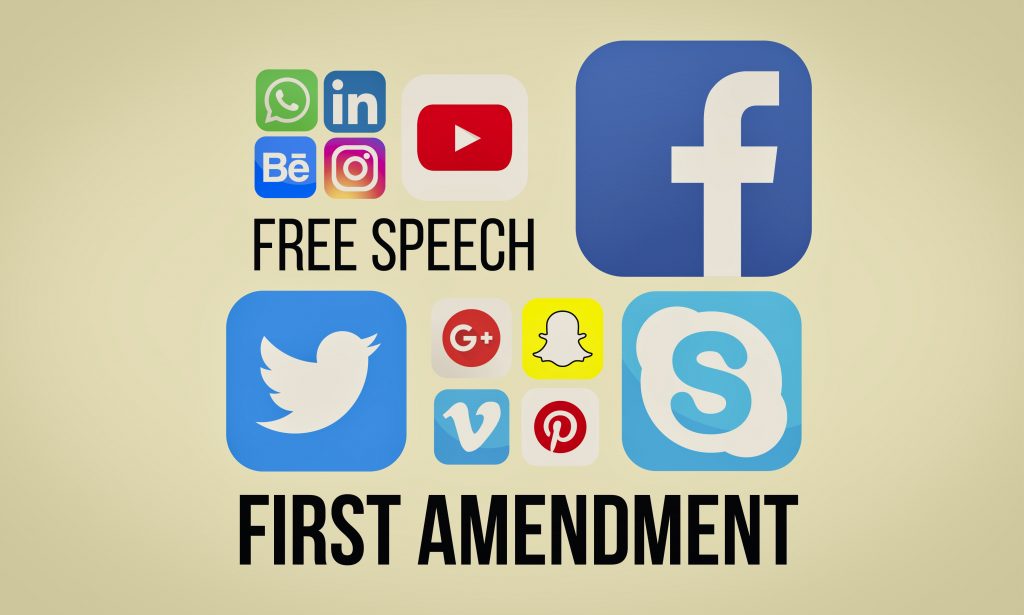
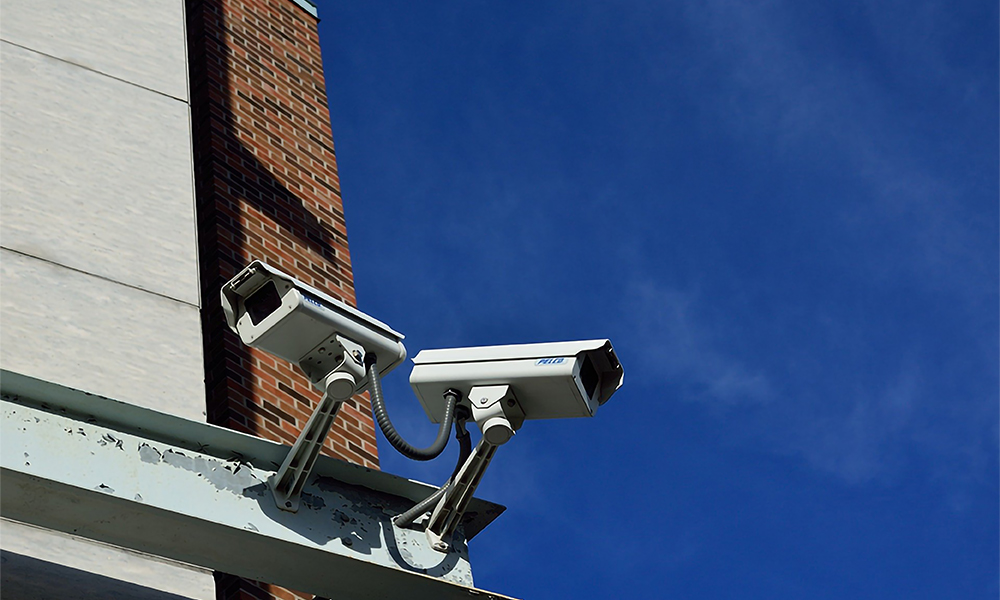


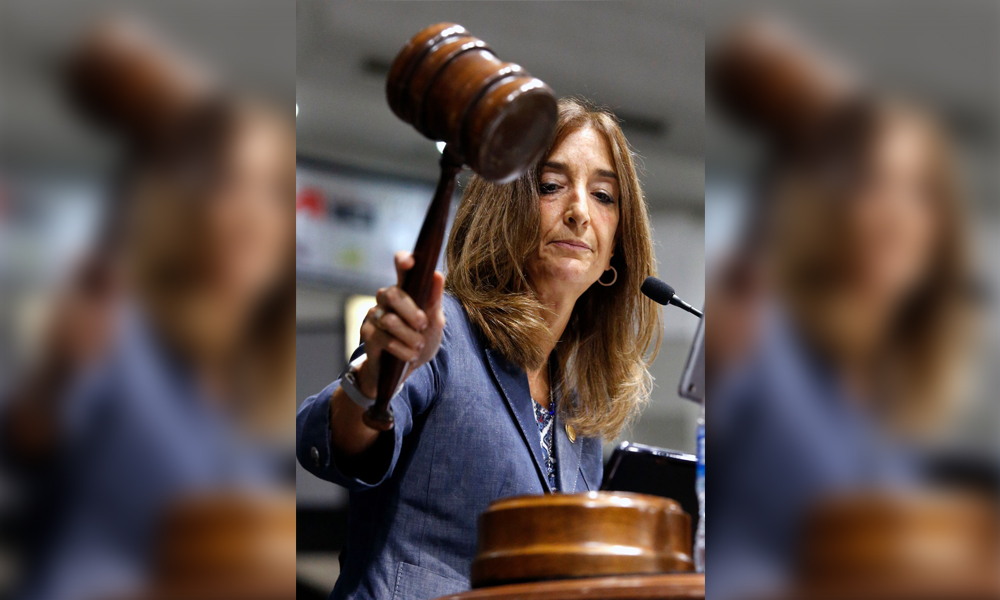
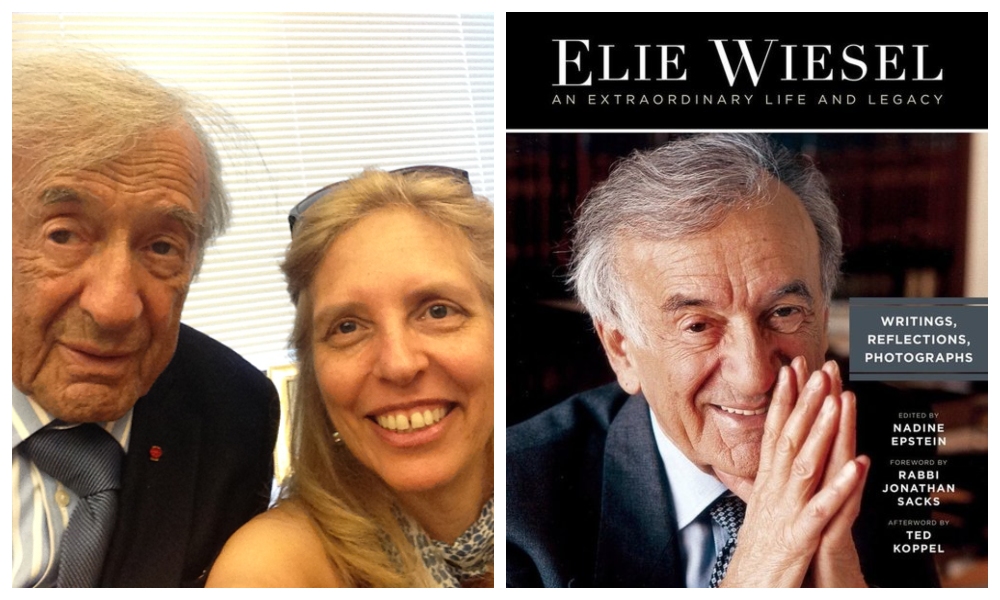
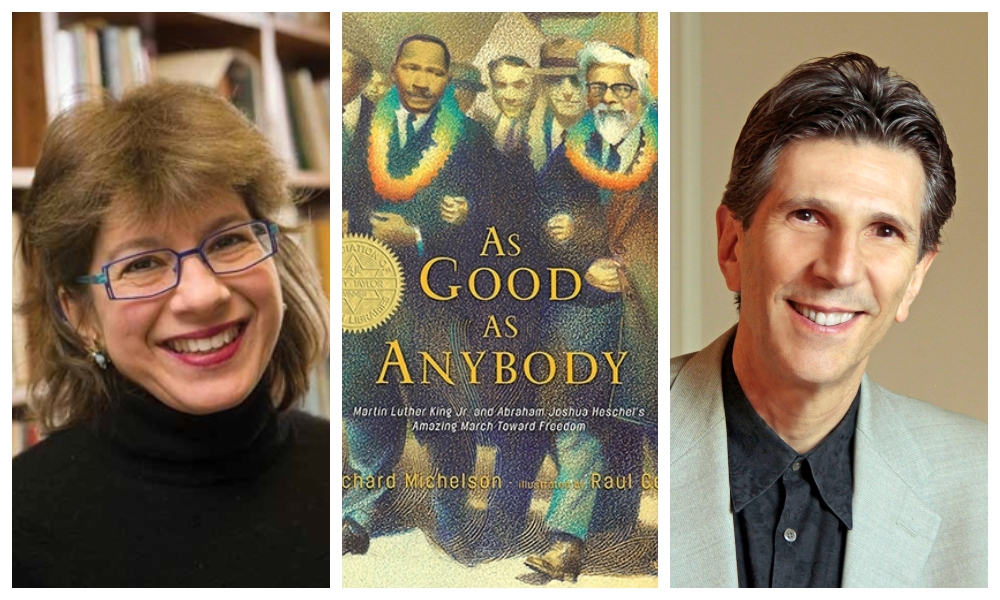
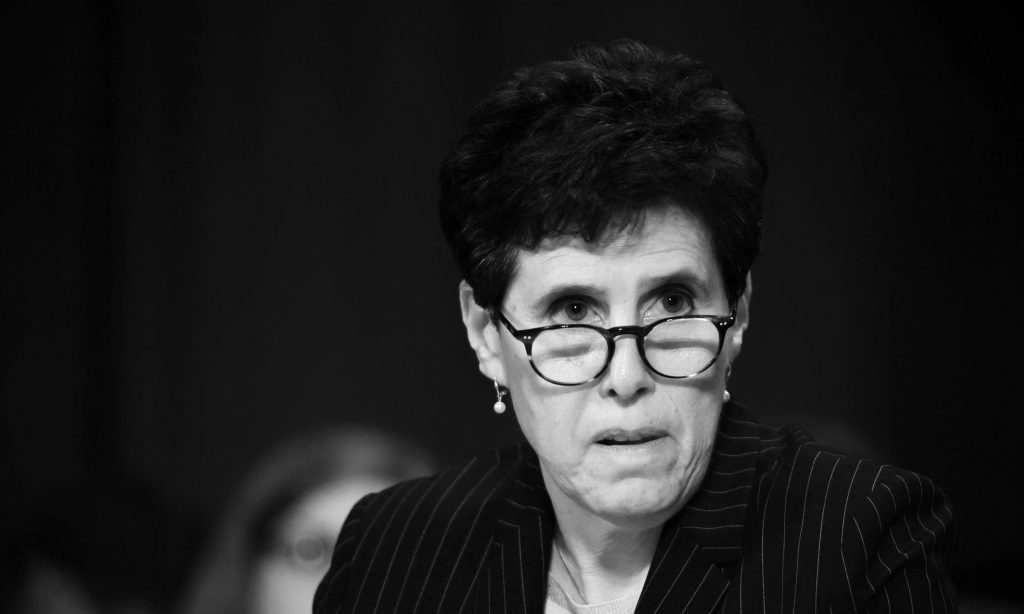
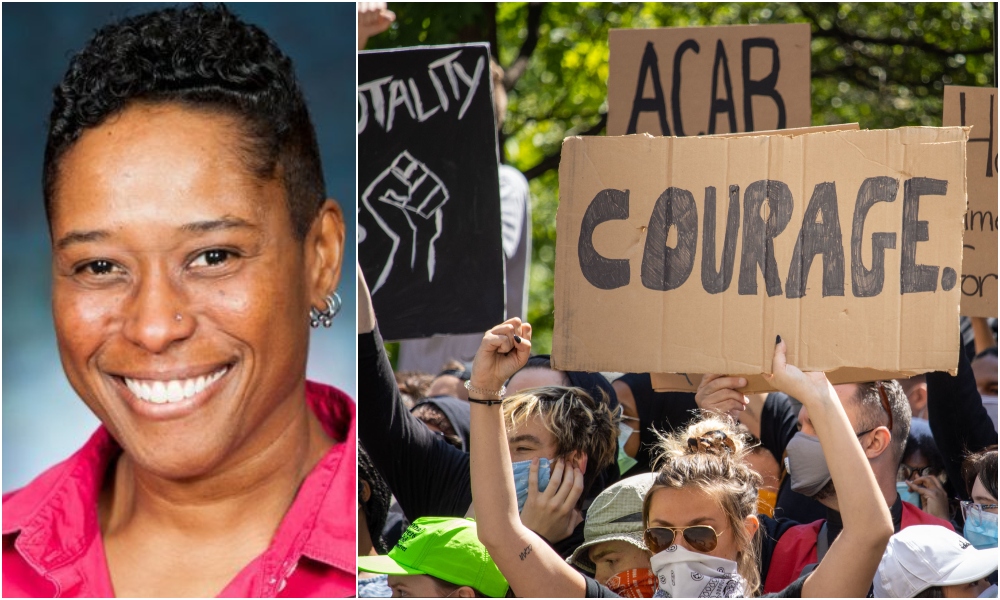

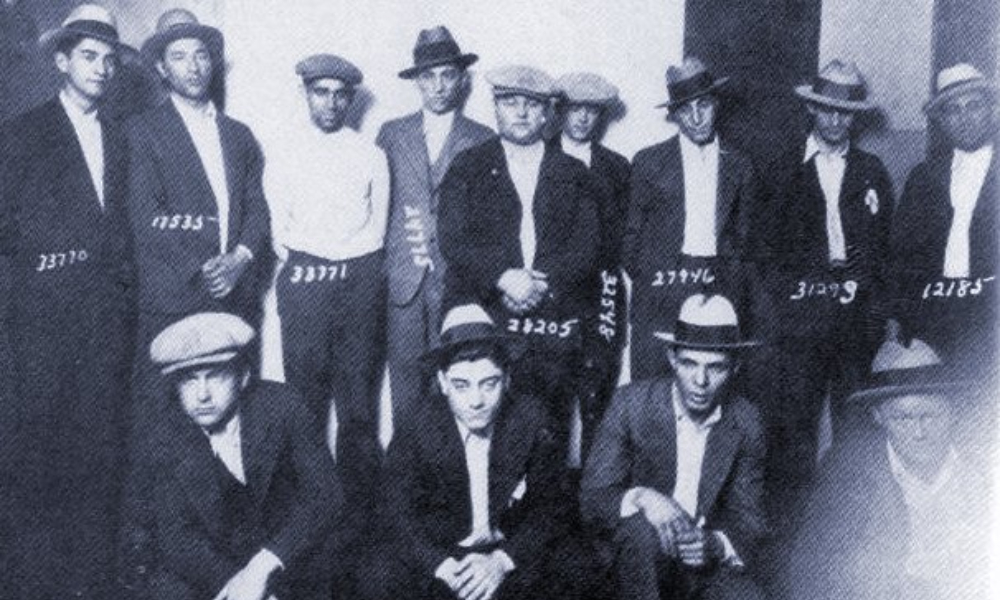
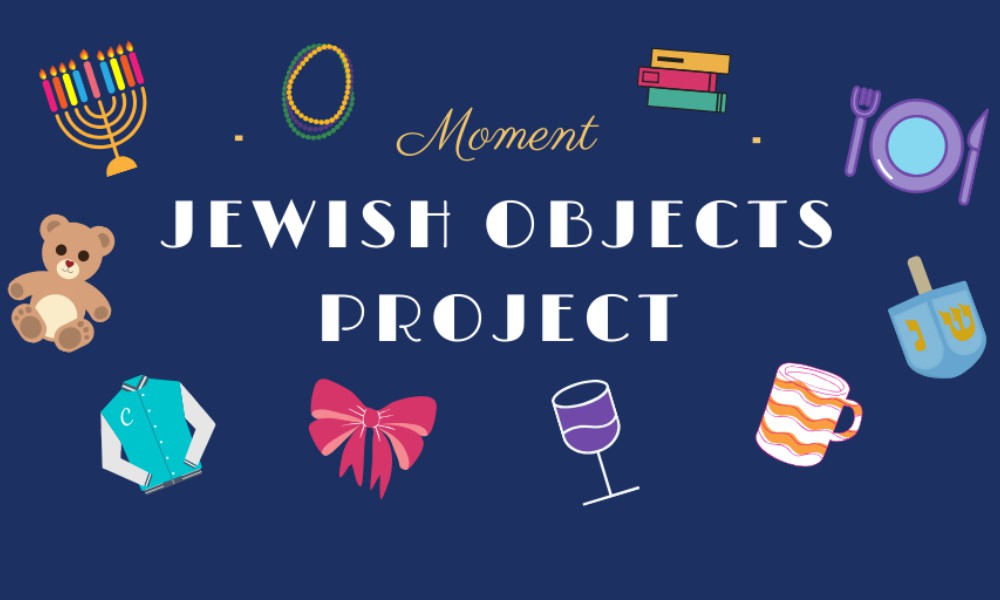
>>Is Gay the New Black?
As any pretentious labeling It sounds as an offence to both groups
It is sad to think people deny the similarities between the Civil Rights Movement and the contemporary- movement?- within the LGBT community. I say “movement” because, sadly, it is becoming more of a “fad” especially for the younger generation. Pride is well and dandy, but there is serious work to be done. And it would be amazing to see MLK alive today, sadly we can’t, but as a person who has studied him frequently I believe he could overcome his personal, religious views and stand up for LGBT rights. I don’t think it’s much of a stretch to say so.